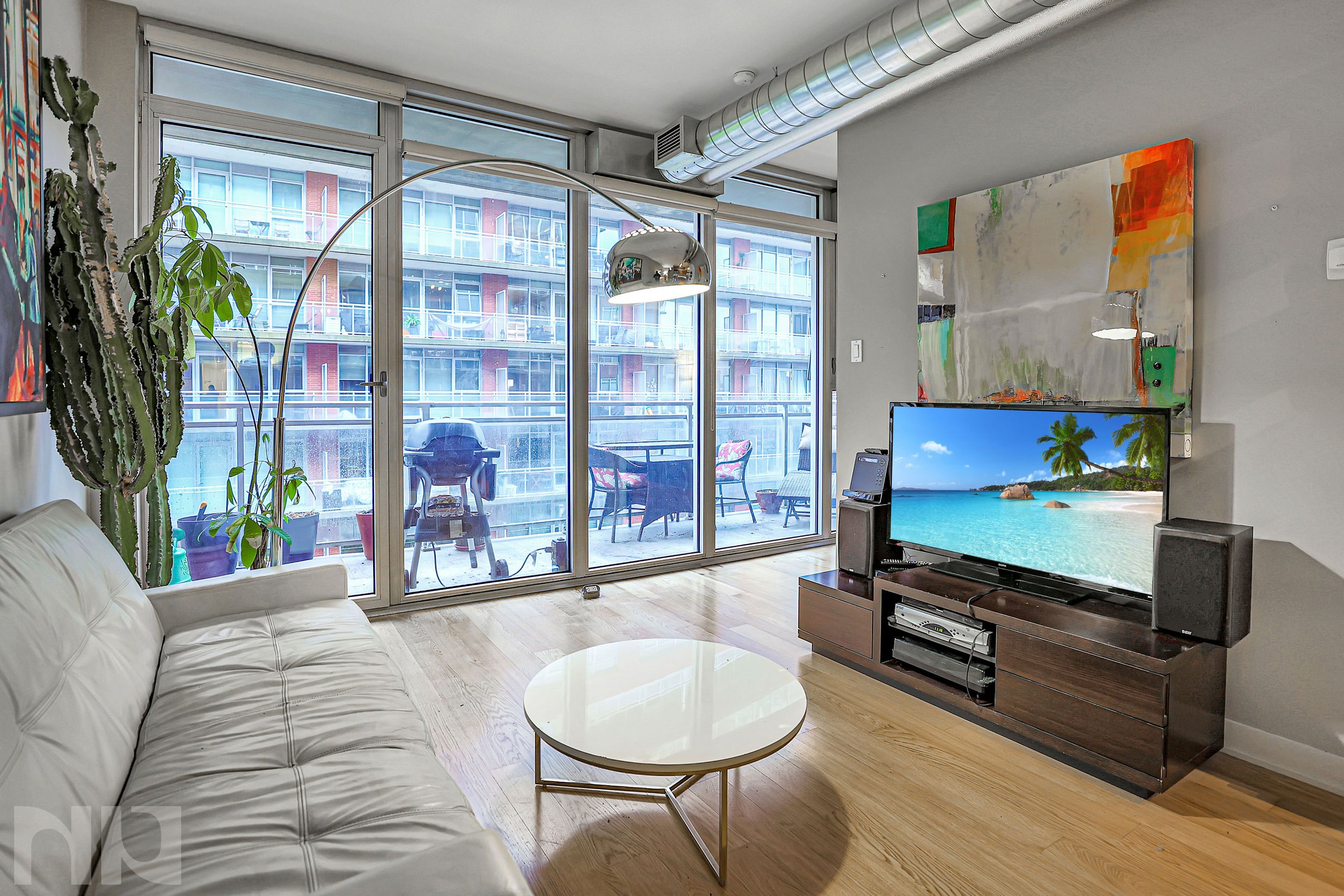Fixed vs. Variable Mortgage Rates: Which One is Right for You? With Owen Kennedy

When securing a mortgage in Ottawa, one of the key decisions homebuyers face is choosing between a fixed-rate mortgage and a variable-rate mortgage. The best choice depends on factors such as interest rate trends, risk tolerance, and financial goals.
To better understand the difference, let’s compare real-world examples of monthly mortgage payments for a $500,000 home under different conditions.
Mortgage Payment Comparison
Less than 20% Down Payment ($20K CMHC Premium Added)
Variable Rate (4.55%) → $2,892/month
Fixed Rate (4.19%) → $2,789/month
20% Down Payment (No CMHC Premium)
25-Year Amortization
Variable Rate (4.8%) → $2,851/month
Fixed Rate (4.74%) → $2,834/month
30-Year Amortization
Variable Rate (4.9%) → $2,638/month
Fixed Rate (4.84%) → $2,620/month
Key Differences Between Fixed and Variable Mortgages
Fixed-Rate Mortgage
A fixed-rate mortgage locks in your interest rate for the entire term, ensuring consistent monthly payments. This provides stability and predictability, making it ideal for buyers who prefer financial certainty, especially in a rising-rate environment.
✅ Pros:
Predictable payments for the term
Protection from interest rate increases
Easier budgeting
❌ Cons:
Higher initial interest rate compared to some variable options
Penalties for breaking the mortgage term early can be costly
Variable-Rate Mortgage
With a variable-rate mortgage, your interest rate fluctuates based on the Bank of Canada's prime rate. While this option may offer lower payments initially, rate increases can impact monthly costs. Historically, variable rates have often resulted in lower overall interest costs, but they come with more risk.
✅ Pros:
Potentially lower interest costs over time
Flexibility to switch to fixed if needed
Lower penalties for breaking the mortgage early
❌ Cons:
Unpredictable monthly payments if rates increase
Requires comfort with market fluctuations
Which One Should You Choose?
The choice between a fixed or variable mortgage depends on:
Your risk tolerance → Do you prefer stability, or are you comfortable with potential rate changes?
Market conditions → Are rates expected to rise or fall in the near future?
Your long-term plans → Are you staying in the home long-term, or do you need flexibility?
Final Thoughts
If you prioritize stability and predictability, a fixed-rate mortgage might be the better choice. However, if you're comfortable with some risk and want to potentially save on interest, a variable-rate mortgage could be worth considering.
Regardless of your choice, it’s always best to consult with a mortgage broker to assess current market conditions and find the best option for your financial situation.
Interested in learning more? Send Owen Kennedy a message now to get in touch.

Owen Kennedy, REALTOR®
owen@newpurveyors.com
613 355 3109





























